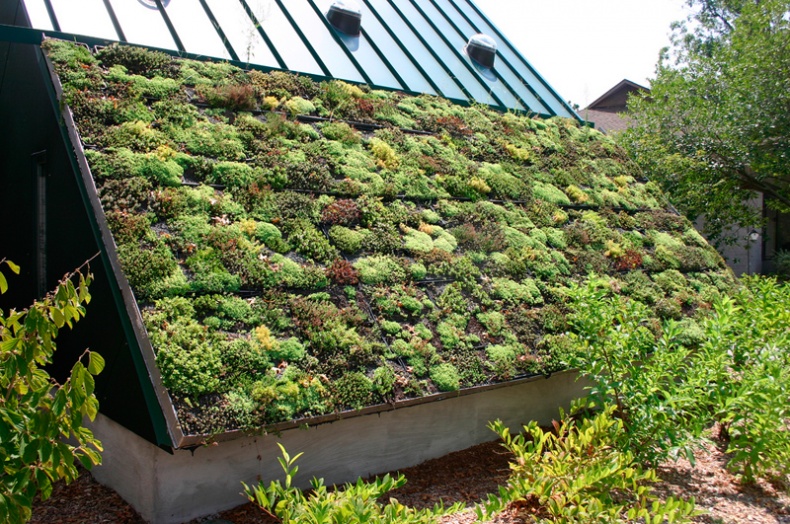Green housing projects are mushrooming, but not as fast as developers would like them to. While environmentally friendly technologies are rapidly advancing, there is one aspect which still has not fully kept pace with the emergence of green housing on the property market—the issue of appraisals.

Green Roof by Ryan Somma
Imagine you are about to build a standard $500,000 house. In addition, you decide to invest into high-quality insulation, solar panels, and ask your architect to design the house to utilize sunshine to its fullest potential. This will cost you some decent money, so let’s say the final bill goes up to $600,000.
However, your bank’s appraiser sees it differently. “It doesn’t do a lot of good to simply add value based on cost, but the question is, ‘How much will the market pay on resale?’” says David Snook, an appraiser and member of the real property committee on education for the American Society of Appraisers.
Let’s finish our example. Your bank will only accept a $550,000 value. With a 20% down payment, you will need $160,000 instead of $110,000. With a high-ratio mortgage 5% down payment, you will need $77,500 instead of $27,500. That’s certainly more than a small difference. This might force you to consider the cheapest green option, using older and cheaper technologies, or maybe you will abandon the whole green idea of the project altogether.
However, deciding to go for a green house does make a difference. According to GreenWorks Realty report, green houses are priced 8.5% higher on the resale market, and also sell 22% faster. Unfortunately, when you deal with an appraiser having little or no experience with green housing technologies (and that’s quite possible, especially if you are among the green pioneers in your area), your home’s value will most probably be underestimated.
There is not much that can be done about it right now. Nevertheless, I believe there will be strong initiatives soon to standardize indicators of environmental and energetic efficiency, which will definitely help appraisers (and future owners) to move forward. Green real estate is not only about the environment—it’s also about money. Not many of us are willing to buy a car without at least a basic knowledge about its fuel consumption. Understanding home energy consumption is the natural next step.

